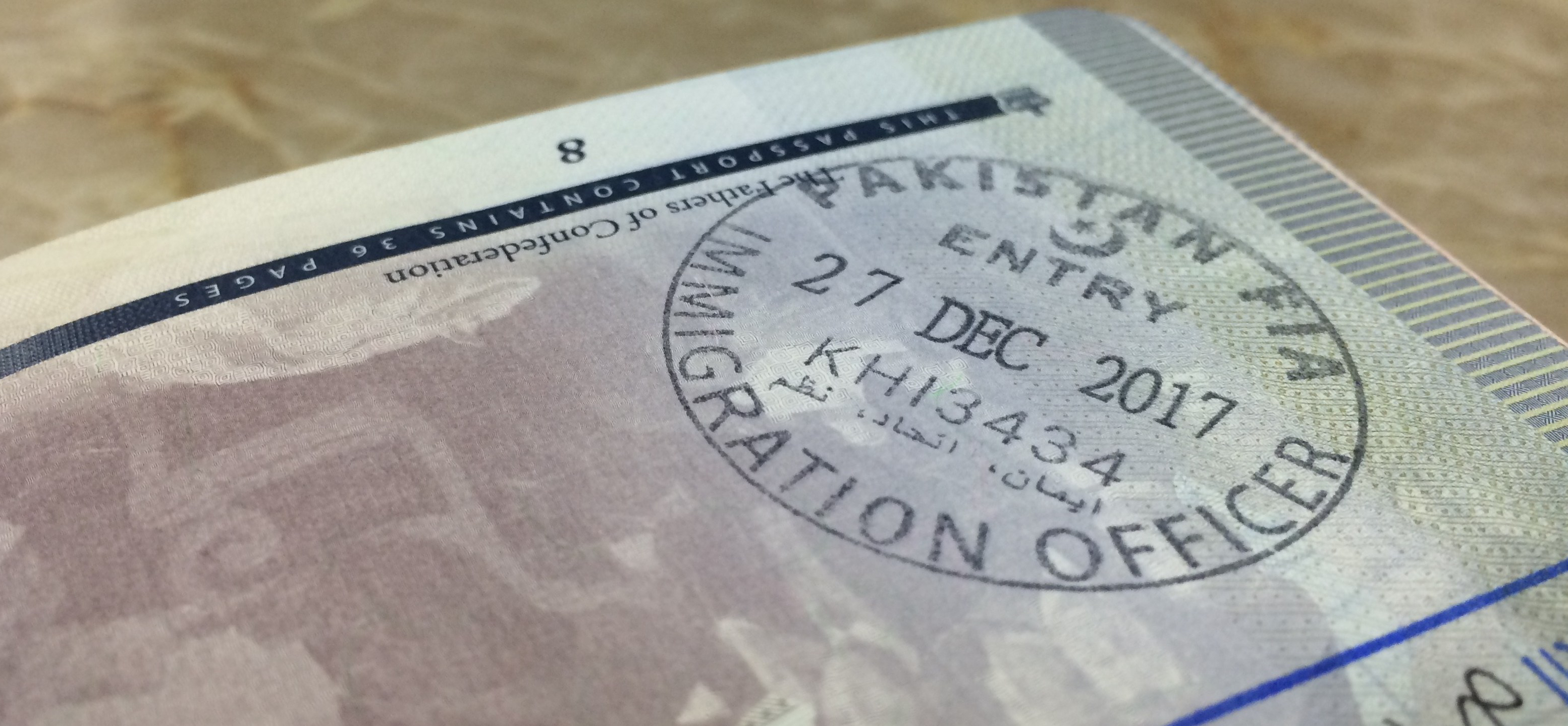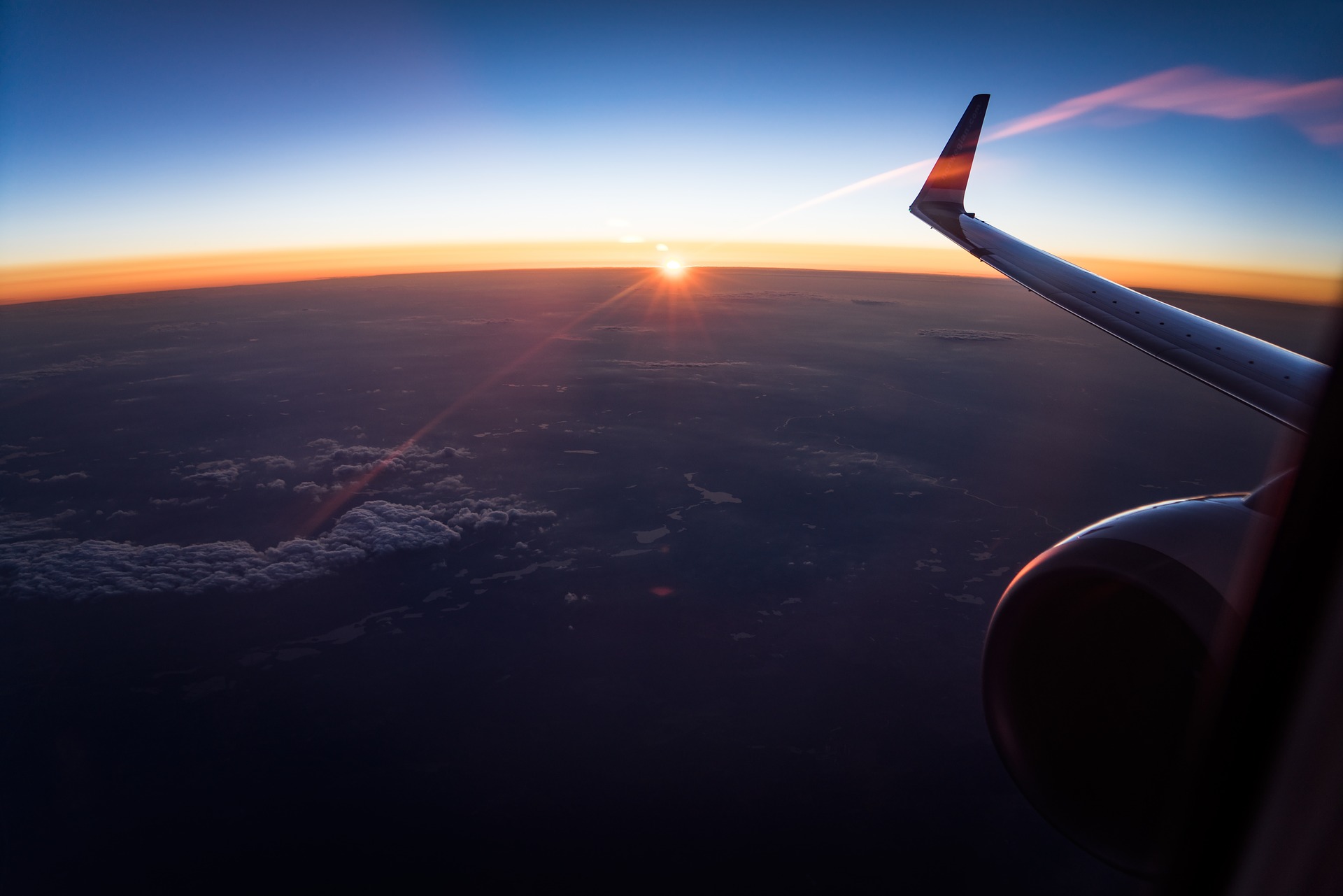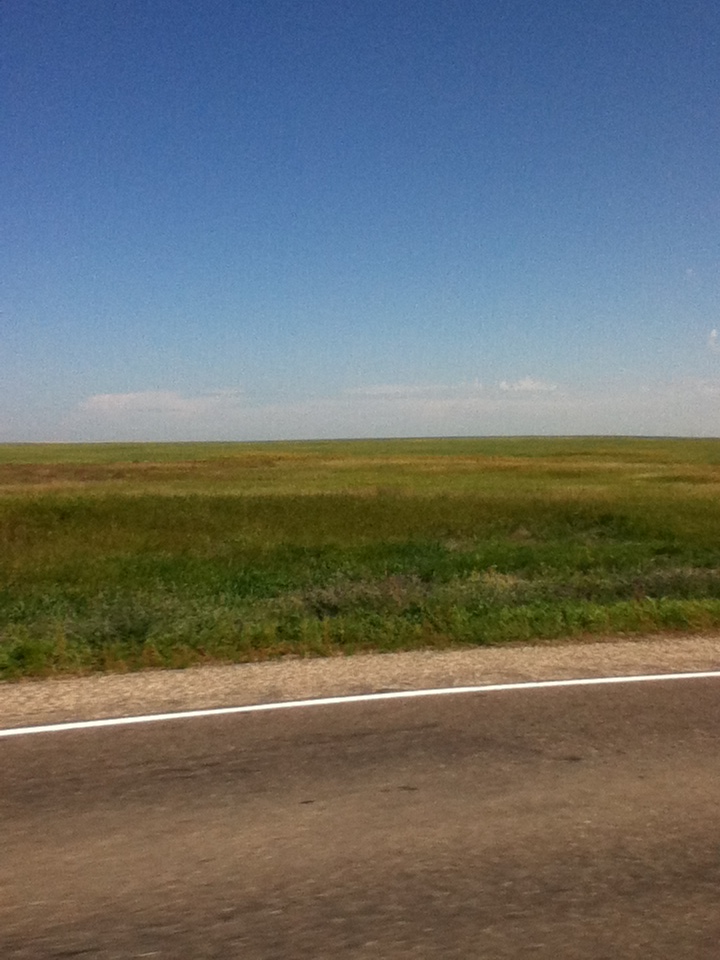With the school year so quickly coming to a close, I find my mind already beginning to pack up in my mind. I’ve thought briefly about the prospect of moving out of my room, trying to decide which things could even go one of these weekends and make the final move a little easier. Questions about the next step, the next place, the next home, have all started to seep into to my mind, swirling around my head at night when it’s time to be sleeping. I’ve started to begin the mental preparation that comes with packing up, pulling in the loose ends and getting ready to eventually pick up and go.
Packing has become almost second nature to me. Only a few months after I was born, my parents were packing up the things that they would take with them as they headed out to Pakistan, twenty years ago. We were always packing. When I went into boarding in sixth grade, packing suddenly became something that I had to deal with alone, joining all the other elementary kids doing the same. My mum would send me a packing list of what I should be bringing home for breaks, and slowly I would work my way through it, making sure not to forget anything I might need. Usually I would wait until the evening before we headed down the hill to the airport, before I would decide to suddenly throw everything together. That way I wouldn’t be needing things that were already packed. That was my excuse, at least. I can’t say that our houseparents were all too pleased with this method of packing, but it was pretty standard for most of us.
After a year or two, I didn’t need the lists anymore. It became pretty routine. Now, in college, I have a mental list of the essentials and I tend to leave my packing till the hour before I head to my grandparents’ house for the weekend, usually throwing my toothbrush and toothpaste on top just a few minutes before the bag is zipped up and I’m out the door and down the stairs. My bag seems to get a little bit lighter every time I travel. I’ve slowly learned not to take things like that extra pair of jeans or t-shirt that I’m not going end up wearing anyway. Travelling makes you realise how heavy your things become, so you learn pretty quickly to shed any weight you can.
Unpacking however, has been different. In high school I would come home to Hyderabad on school breaks for a couple weeks and decide to leave all my things in my suitcase. My mum would always tell me to unpack my things into the dresser and kind of “settle in”, but that never made sense to me. Why unpack a suitcase that was just going to get packed again in two weeks? Instead I would just slide the whole thing under my bed, so I could pull it out any time, get things out of it, and slide it back under — nicely out of the way. Only a day or two later, I would come into my room to find that my mum had unpacked everything into the dresser and the closet. “It’ll make you feel more at home,” she would always say. I would always argue, but I knew she was right. It did. Unpacking makes you feel at home.
Over the past two summers between my years of college I pretty much lived out of a suitcase for the entire time. I would pack my suitcase to go for two weeks at a time on a travelling construction crew, staying in hotels while we were away. When I came home I would stay at my uncle and aunt’s house, where I didn’t usually bother unpacking, since either I was about to go out on the road again, or if I was working in town, I would soon be packing to go stay with my grandparents for a weekend here and there. And of course, when I was visiting family in Pakistan, it was much of the same. I think my first summer I had four or five t-shirts that I cycled through my entire time in Red Deer: two blue, two green, one grey. I’m an extremely varied and exciting person, as you can tell. I’m sure people wondered if I actually even owned any more shirts. I just told myself that no one paid enough attention to realise that they kept seeing the same five t-shirts every time they saw me.
I have gotten a little better at unpacking though. Near the end of the summer I did eventually unpack into the dresser in my room in the basement of my uncle and aunt’s house, and made myself feel a little more at home. However I still find it hard to get passed the dilemma of whether it’s really worth unpacking, when in a few days or weeks I find myself putting everything back into my suitcase again. And this feeling doesn’t just end with packing “things” in a suitcase.
One of the first questions I faced coming to Canada in 2011 was: how much do I unpack? I was heading into Bible school in Saskatchewan, and everything was new. I knew I was only going to be there for eight months, and I knew I probably wouldn’t keep up ties with most people after the year was over, since I would be heading to Alberta, to a new college, in a new place, and would have to make new friends. I’ve heard, and witnessed in my life, that friendships with missionary kids tend to take on two forms, which I described to my roommate like this: “Either missionary kids go really deep really fast and drown a person, or they decide that that person isn’t even worth investing in anyway, since they’ll be gone before they know it.” That has characterised so much of my life. I feel like I’m constantly making that call, and sometimes I fear I lose some friendships along the way. It’s just that MKs say so many good-byes, again and again, and again. They know people don’t stick around forever, or that they themselves won’t, and they want to get the most out of the short time that they know the person — in an ‘all or nothing’ mentality. Thankfully I have eventually learned to handle friendships a little less intensely. I’ve learned to accept that every friend doesn’t have to be my best friend, and that, just because I may not see a person again, my friendship isn’t worthless.
I’ve always a question of how much I unpack. Do I let myself get settled, put down some roots, make friends, and enjoy a place? Or do I keep the roots short and thin to make sure they rip off easily the next time I have to pick up and leave? In this last month of school, I find myself beginning to make those little incisions around the roots, beginning to get ready for that moment when I’ll have to pull away from the things, places, and people that have been a part of my life for the last two years. I’m beginning to edge toward the door and put on my shoes and coat, so that all that’s left at the end will be to say a quick good-bye and disappear behind a closed door. That’s life.
When travel is a huge part of your life, packing and unpacking become second nature. But it’s always hard to know if we should let our roots grow and go through the pain of slashing them when it’s time to go, or if we should try to make the job at the end a little easier — a little less painful. Thankfully I’ve still managed to unpack during my two years here. I’ve managed to make good friends, that I imagine will continue, though they will probably be different. I’ve let myself enjoy things and invest in people and places, but I know I’ll pay a price soon. Before long I’ll be packing myself back into my suitcase. There will always be pain involved with packing up, but it doesn’t make it less worthwhile to unpack. On this, my Mummy is right. It’s taken me a while to learn that, in all aspects of life, but I am learning, slowly. And I’m encouraged by the fact that if we are rooted in Christ and not people, we’ll always have something to hold onto when everything else has to be ripped away. “We have this hope as an anchor for the soul, firm and secure” (Heb. 6:19). So pack, and unpack — it’s worth it; but cling the whole while to the Anchor that will not change, will not leave and will not fail.



